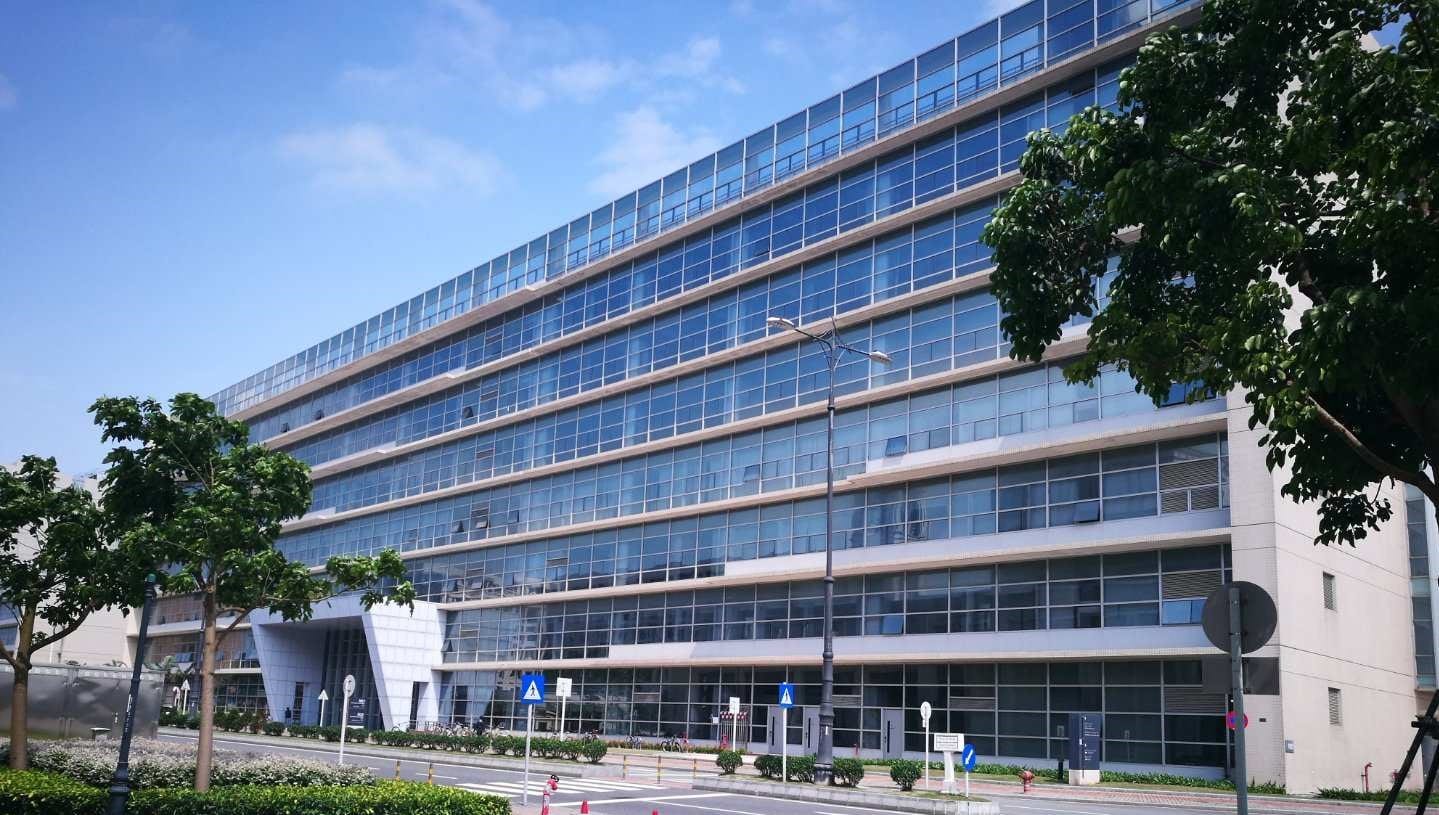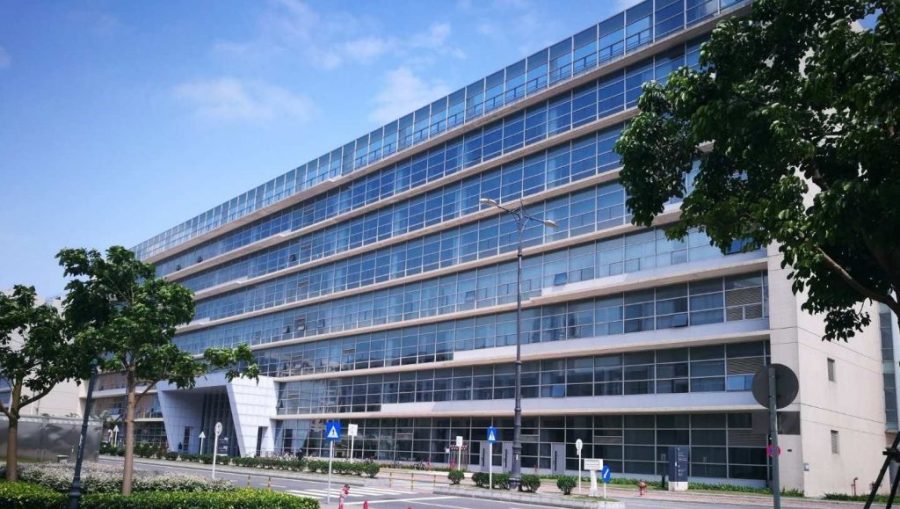There is still a lot of room to relieve Macau’s traffic pressure, the deputy director of the University of Macau’s (UM) State Key Laboratory of Internet of Things for Smart City, Jia Weijia, said on Monday, adding that his laboratory is drafting a “smart mobility” plan slated to be released before the end of the first half of next year at the latest for the government’s reference.
The Institute of Electrical and Electronics Engineers of Macau (IEEE) held a seminar on “Smart City and Internet of Things” at the Macau Science Centre in Nape on Monday.
Jia told reporters before the seminar that artificial intelligence (AI) and big data can be used in different industries, pointing out that the local government is developing Macau into a smart city. According to Jia, there has been great progress in the city’s 5G technology, transportation system, and energy development.
The local government signed in 2017 the Framework Agreement on Strategic Cooperation in Smart City Development with Alibaba Group to develop Macau into a smart city by using Alibaba’s big data processing capabilities to enhance the quality of the city’s public services.
Jia said that there was still a lot of room to improve Macau’s transport system, for example, to relieve traffic pressure and help tourists personalise their travel plans.
Jia added that his laboratory is doing research focused on Macau’s main roads, and the plan on the city’s “smart mobility” would be completed within this year or the first six months of next year. Jia said he hoped to expand the plan to the Greater Bay Area (GBA) as well.
The GBA comprises nine cities in Guangdong province as well as the special administrative regions of Hong Kong and Macau.
Furthermore, Jia noted that his laboratory has only been established recently, adding that there are 30 professors and students working there, and the number of researchers would be expanded to over 100 in the near future.
When asked by reporters how to reduce citizens’ concerns about personal data protection when collecting big data, Jia responded he was aware that many people in Macau care about the protection of privacy, adding that the university must ensure the protection of personal data during its research. At the same time, support by the government and civil society was also important during the data collection period and there was a need to increase citizens’ awareness of privacy protection, Jia underlined.
Meanwhile, IEEE Chairman Evan Liu Xiaoju said in his speech during yesterday’s seminar that developing a smart city was the key planning and development strategy in most regions, adding that Macau’s rapid economic growth and its population growth was challenging the city’s management system, transport system, emergency system, environment, and public security.
Liu said his counterparts from different regions introduced advanced technology during Monday’s seminar, such as smart lampposts, driverless technology, internet of vehicles (IoV), adding that their experiences as well as actual cases provided useful development ideas and good examples for Macau.
According to local Chinese-language media reports on Monday, Chan Wan Hei, a member of the Science and Technology Development Fund’s (FDCT) Administrative Committee, said: “The top design of our smart city has been basically completed, the fund now is developing a system to evaluate the performance of the smart city which will be divided into three levels…We made reference to the European Union (EU) and small- and medium-sized cities in Europe in general when setting up our own system, and I hope that our smart city performance measurement system could be comparable with other places.”
According to the Macau Post Daily, Chan said that the system could be used to measure the whole of Macau through various aspects, with the aim of reflecting its special characteristics of a smart city, adding that he hoped to finish the performance measuring work within the current government’s term.
The current government’s term ends at midnight on December 19.




